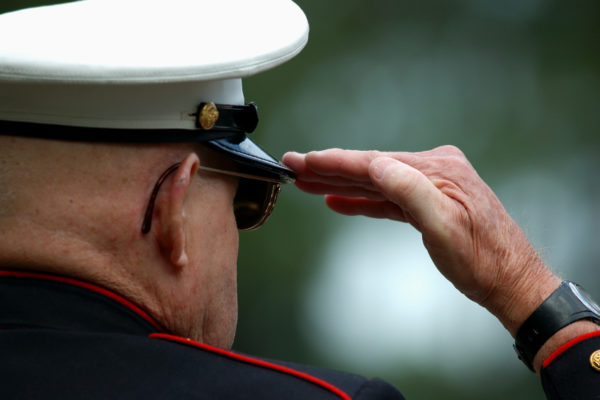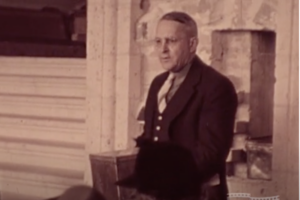Memorial Day is here. But who is around to remember our wars or to help the young men and women who will fight our next wars realize its true human costs?
Consider this: First-year college undergraduates today have no memory of Sept. 11, 2001, or of why President George W. Bush sent American enlisted soldiers and private, professional soldiers into Iraq. They have no memory of alleged weapons of mass destruction.
Yet it is young people, 18 to 22 years old, who pay the greatest price in our wars, especially those who do not attend college or have good options in their young adult lives except to join the military. As a nation, we will not make good decisions about war unless we really understand what wars do to our service members while they are deployed and after they come home. Memory is crucial.
Today, 2.1 million Americans are active or reserve service members. About 2.5 million served in Iraq from 2003 to 2011. Both figures are well below 1 percent of our current population, and a disproportionate number come from working-class or impoverished communities. By contrast, 16.3 million Americans — about 12 percent of the population at the time — served in the military during World War II.
Growing up in the 1960s, we were surrounded by adults who had lived through World War II. They conveyed their memories in a few words, if at all. We learned that war was no glorious adventure. Often, they could not articulate the horrors and never-ending sorrows war brought them. Some memories took decades to work their way to expression.
It took WWII veteran Paul Fussell 60 years before he could write about his experiences as one of the thousands of hastily trained teenage boys sent to Europe to fight and die in the icy winter of 1944-45. He called his book “The Boys’ Crusade” (2003).
It took native Texan Ovidio Garcia, diagnosed with PTSD after two tours in Vietnam, 50 years to present in his own drawings, paintings and simple stories about the nightmares hard-wired in his mind that still visit him day and night (“My War, My Art,” 2019).
Texas Vietnam veteran Bill Broyles, founding editor of Texas Monthly, recently spoke to University of Texas at Austin students about our Middle Eastern wars, describing how he would run away from his house in Montana whenever he heard a car coming up the long gravel road.
His son was serving overseas as an Air Force pararescue jumper, and Broyles feared that the car was bringing two messengers of death — the military notifying officer and chaplain. His book “Brothers in Arms,” his television series “China Beach,” and his films “Jarhead” and “Flags of Our Fathers” get across what kinds of wars we should never fight again.
After the war in Vietnam, the military recommended, and a battle-weary society embraced, ending the draft. Consequently, few middle-class families have what Andrew Bacevich, a retired Army colonel, calls “skin in the game.” Bacevich does. His son, a lieutenant in the Army’s 1st Cavalry Division, was killed in Iraq in 2007. And we may all ask now, for what?
On Memorial Day, all Americans should honor the war dead as an act of respect toward those who have died in our name. We should resolve to read, listen to and watch the stories veterans have to share. We should also admit that many Americans have died in wars begun and perpetuated for no good reason.
The Gulf of Tonkin Resolution in 1964 began the 11-year war in Vietnam. It was based on incomplete and faulty information surrounding the movements of American warships close to North Vietnam. The Trump administration has deployed an American carrier to the Persian Gulf off the coast of Iran allegedly as a defense measure, potentially another Gulf of Tonkin fiasco.
President Donald Trump recently tweeted, “If Iran wants to fight, that will be the official end of Iran.” Two better tweets would be: “Would we want our own sons or daughters to die or be maimed forever in such a war?” and “Do we want to purvey violence against the innocent fathers, mothers and children of Iran?”
Tom Palaima is the Robert M. Armstrong Centennial Professor of Classics at The University of Texas at Austin.
Al Martinich is the Roy Allison Vaughan Centennial Professor of Philosophy at The University of Texas at Austin.
A version of this op-ed appeared in the Houston Chronicle, Austin American Statesman, Lubbock Avalanche Journal, Waco Tribune Herald and the Amarillo Globe News.




